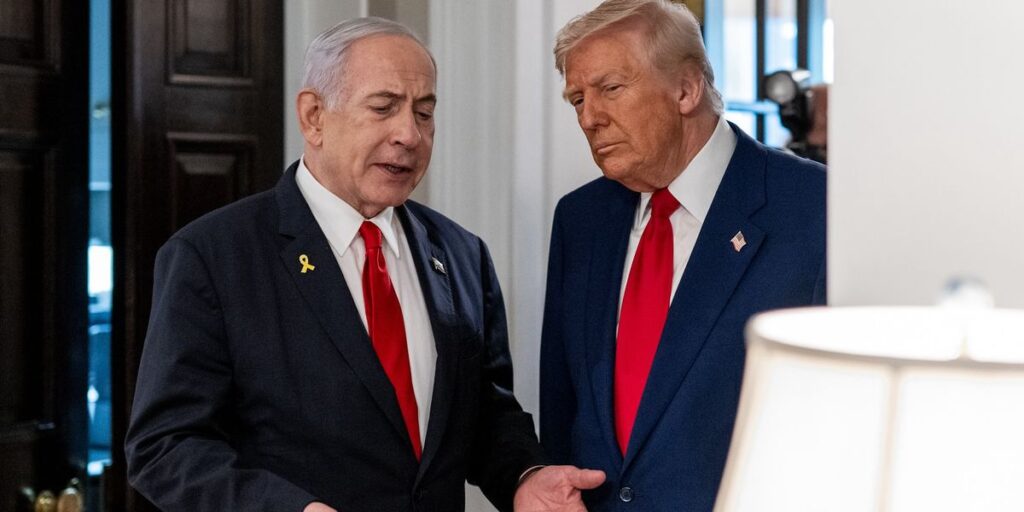US Support for Israel Reflects Strategy Not Religion

Opinion by | Farooq Lone
Israel, as one of the best U.S. allies, has always received significant support both tangible and intangible from the United States in times of peace and war. It was only fourteen minutes after the establishment of the Israeli state that the United States officially recognized it. During the Arab-Israeli wars in the last century, Israel received extensive military support and economic aid from the U.S. to defeat the Arabs. Even today, Israel receives an annual package of three billion dollars from the U.S. as economic assistance to meet its defense requirements. In various conflicts with Hamas, including the ongoing one since the group came to power in Gaza in 2005, Israel has consistently obtained massive economic aid and advanced weapons to combat Hamas. The U.S. support to Israel is viewed as part of a broader strategic policy aimed at strengthening its neo-imperial influence in the Middle East and containing political Islam.
Analysts also consider the defense and security of Israel as a vital pillar of U.S. foreign policy because it enables Washington to study, monitor, and influence the Arab world. By keeping the Orient subjugated and frustrated, the U.S. easily manipulates Arab nations according to its own strategic interests. Moreover, by keeping the Arabs preoccupied with the Israel-Palestine conflict, the U.S. is able to control the Gulf nations by projecting the fear of Israel as a reason for them to seek protection under the U.S. security umbrella. This provides the U.S. with a geopolitical opportunity to access the region’s resources and strategic locations. Through its presence in the Middle East, the U.S. is able both to defend Israel and to keep the Arabs under its supervision.
Though there is a dominance of biblical and eschatological perspectives in analyzing the geopolitics of the Middle East especially in the context of the Arab-Israel scenario one cannot ignore the realist dimension. Western support for Israel should be viewed through a realist lens rather than a religious one. This helps us understand why the U.S. is always at the forefront of defending Israel, irrespective of its actions ranging from violating the sovereignty of free Arab nations to committing atrocities in Gaza. Israel represents America’s core interest in the Middle East, as it ensures the existence of a Western-backed nation in the Arabian Peninsula that provides the U.S. with strategic advantages, including supervision over the Arabs and potential military bases for future conflicts. Some analysts even describe Israel as the “West’s forward base in the Middle East.”
There is also a historical dimension to U.S. support for Israel. Jews were oppressed by Christians for centuries, and in an attempt to compensate for this oppression, the West helped the Jews establish a state in the land of Palestine. Even today, the West tolerates the aggressive behavior and expansion of this Jewish state in Arab lands. On the other hand, Muslims have historically provided refuge to Jews whether during the conquest of Palestine by Hazrat Omar (R.A.) or during the golden period of Muslim Spain. According to Jewish historians, “Muslim Spain was the golden period of the Jewish diaspora.” The historical Muslim-Christian rivalry is indeed another factor that helps explain Western support for Israel. However, while analyzing the Israel-Palestine issue, one must consider multiple perspectives. In the modern era of the nation-state system, national interest remains the top priority in the foreign policy of every country. Therefore, U.S. support for Israel should also be understood through this lens.
Author: Farooq Ahmad Lone ,Email: lonefarooqahmad80@gmail.com





